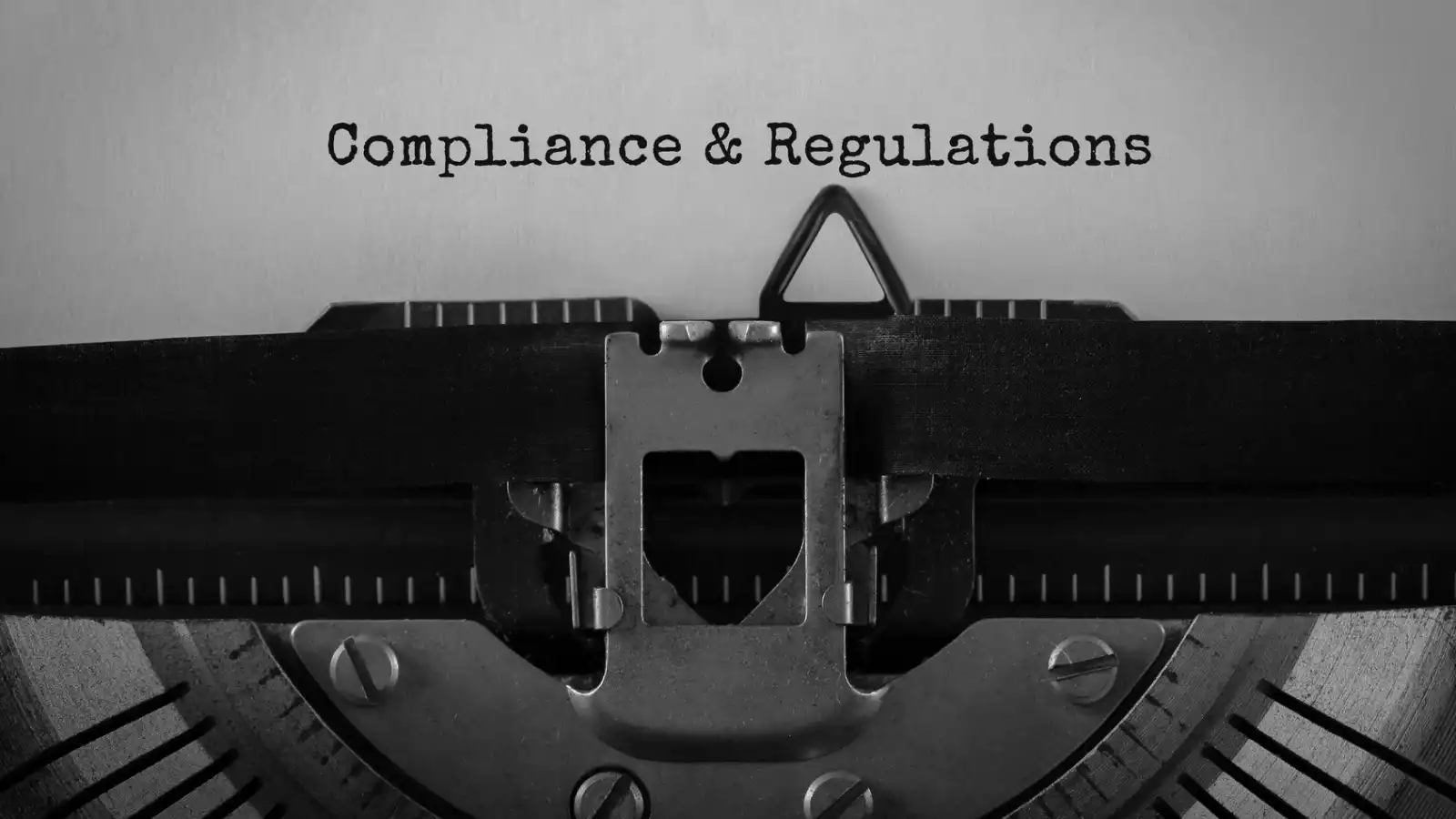One of the most common questions we’re asked is, “How long does HR keep employee records or HR paperwork?” And it’s a great question—destroying records you should be holding on to could land you in serious legal trouble. Conversely, keeping HR paperwork for too long is also not advised. This article identifies the issues associated with HR paperwork, and presents HR paperwork retention guidelines.
Problem #1: Destroying Files & Documentation Too Soon
It’s pretty obvious why employees shouldn’t simply shred or dispose of paperwork right after an issue is resolved or an event is “over.” It’s summed up well in the article Recordkeeping Policy: Record Maintenance, Retention and Destruction:
“The laws typically impose civil monetary penalties for failure to maintain statutory records. In some instances, there is individual liability and criminal liability. Proper maintenance of employment records is also critical to defending against employment-related litigation. In fact, an employer can be sued for wrongful destruction of employment records under the theory of spoliation of evidence.”
In the case of an audit, some of the standard regulatory onboarding paperwork is requested for employees; destroying this documentation too soon could land you in hot water.
Make sure your employee handbook addresses all the processes and activities your employees need to know. Download The Employee Handbook Template today!
Another issue with destroying files and documentation is how to handle their destruction. Employers are responsible for protecting their records to prevent identity theft; that’s why there are laws regulating the destruction of records. (That means you can’t just throw records in the recycling bin!) Many states require you to demonstrate compliance with confidentiality laws by creating logs that identify what records were destroyed, as well as how and when.
In addition to identifying how long to keep HR records, we recommend employers outline a policy in their handbooks surrounding the disposal of employment information. We also suggest keeping a log of purged employment files and documenting how you got rid of them.
State laws can override federal laws—default to whichever is the most generous. If you receive conflicting information for how long should HR keep employee records, default to the requirement that mandates a longer length of time. For example, Massachusetts state law says to keep attendance records/time cards for 6 years from the termination of employment while federal law says to keep the same records for 3 years from the termination of employment. In this case, you should adhere to the Massachusetts record keeping law, because it requires you to keep them for a longer period of time.
Problem #2: Hanging On To Paperwork For Too Long
There’s another side to HR paperwork retention: How long is too long to keep various files and documents at your office?
I really like these tips from HR Specialist about the HR documents you shouldn’t keep:
- Don’t be a “just in case” hoarder; store records only for legal, operational, or archival reasons.
- Don’t retain unscheduled temporary materials, such as drafts, reminder notes, worksheets, or extra copies.
- Don’t hang on to documents just for their sentimental or public relations value. Information must earn its keep, like any other asset. A comprehensive record of the past that fosters a “company memory” can be an asset, but be sure to minimize your legal liability while doing so.
These tips underscore the importance of getting rid of documents that could be a liability. Just as it’s important to make sure you’re keeping what you need to keep to satisfy the law, it’s important to systematically dispose of paper and electronic records that you don’t need when the time comes.
HR Recordkeeping Requirements & HR Paperwork Retention Guidelines
Retention procedures vary; there are federal guidelines, state regulations, local statutes of limitations, and industry best practices your HR department needs to be aware of. There is a lot to keep up with when it comes to HR paperwork, and it can be difficult to stay on top of the constantly changing regulations and compliance expectations. However, HR recordkeeping is non-negotiable—correct employee record retention is of critical importance to your organization.
Federal laws, such as the Federal Insurance Contributions Act (FICA), FLSA, and the Equal Pay Act (EPA), all impose recordkeeping duties on employers. These recordkeeping duties require employers to create and retain certain information related to compliance with federal laws. The below table summarizes numerous employer HR recordkeeping and retention requirements, indicating the longest retention period established by federal law.
State retention statutes vary widely on tax, unemployment, and workers’ compensation records, as well as on environmental and other requirements, so check with your state and regional authorities for details. For GenesisHR clients, this is just another way we provide assistance and clarity.
You should also make sure you’re consulting your accounting office and attorney for the proper length of time you need to keep specific documents.
Common Documents & How Long You Should Keep Them
| Type Of Document | How Long To Keep |
|---|---|
| Personnel Earning Records | Permanently |
| Family and Medical Leave Act (FMLA) Documents* | Three Years From End Date Of Leave |
| Group & Employee Insurance Records | 6 Years |
| Disability & Sick Benefits Records | 4 Years |
| Employee Contracts | 7 Years |
| Hiring Records | 2 Years After Hiring Decision |
| I-9 Forms | Not More Than 3 Years After Termination |
*This includes medical certifications and related medical information; type of leave taken; dates or hours of leave taken; name, position and pay rate of person on leave; copies of all notices given to or received from employee; documents describing employee benefits and status; documents describing employer policies and practices regarding leave; records of any dispute about the designation of leave as FMLA leave.
(SHRM, HR Specialist)
Focusing On Personnel Records
Personnel records are one of the most tricky and complicated aspects of HR paperwork and record-keeping, but for legal and best practice purposes, employers have good reasons to keep several personnel files. (For example, in Massachusetts, it is required by law for employers with 20 or more employees to maintain a file.)
I like how this article from The Balance Careers sums it up:
“Documentation is needed so the employer has an accurate view of an employee’s employment history. Documentation supports the employer’s decisions and may protect the employer in a lawsuit—preserved correctly.
The contents of the personnel file provide a historical overview of the important happenings during an employee’s career. They support the decisions that are made about the employee and his or her career. They demonstrate the employer’s rationale behind hiring, promotions, transfer, rewards and recognition, and firing decisions.”
The EEOC states that all personnel and employment records made or used (including, but not limited to, requests for reasonable accommodation, application forms submitted by applicants, and records dealing with hiring, promotion, demotion, transfer, lay-off or termination, rates of pay, compensation, tenure, selection for training or apprenticeship, or other terms of employment) must be preserved.
Items to Keep in Your Personnel Records & Files
According to SHRM, the following information should also be kept in a general personnel file:
- Applications, resumes and educational transcripts
- Job descriptions
- Job offers, promotions, demotions, transfers, and layoffs
- Pay and compensation information
- Education and training records
- Handbooks and policy acknowledgements
- Noncompete, confidentiality agreements
- Letters of recognition and awards
- Warnings, counseling and disciplinary notices
- Performance evaluations and goal-setting records
- Termination notice and documentation
The following records should be kept in a confidential file:
- Reference/background check results
- Drug test results
- Equal employment opportunity self-identification of gender and race/ethnicity
- Affirmative action self-identification of race, gender and veteran status
- Child support and garnishments
- Litigation documents
- Workplace investigation records (however, the relevant disciplinary action, counseling or other direct communications should be placed in the employee’s personnel file)
- Requests for employment/payroll verification
Be proactive about employee record organization.
In Massachusetts, for example, employees have the right to review their employee records, and the employer must provide the record within five business days of the request. Personnel records are often disorganized and not in a central location, which can make it difficult to quickly pull them together when you need them. It’s important to organize your HR recordkeeping documents before a request comes in.
To keep or not to keep your HR paperwork?
The bottom line for HR paperwork retention is to not keep extra liability on hand. Keep only what you’re legally required to keep and safely dispose of the rest.
Not sure what to keep or what to toss—or where to start? Contact us. We can help you identify business processes that will protect your company and your customers.




